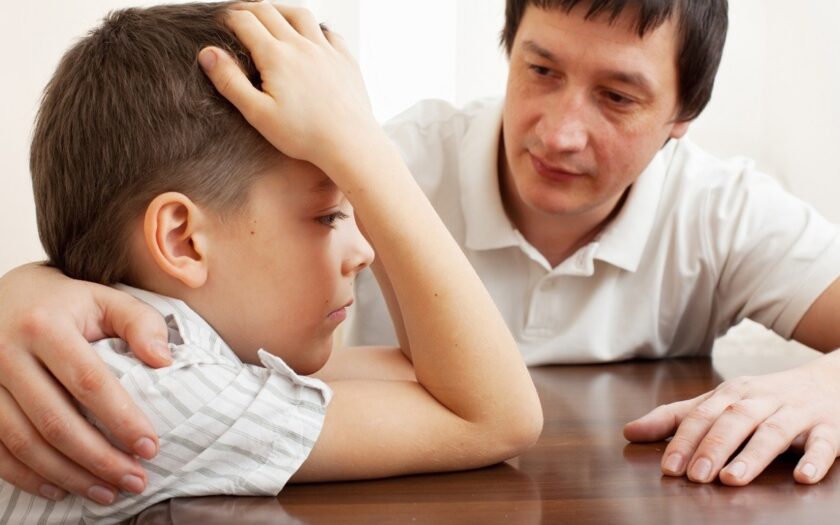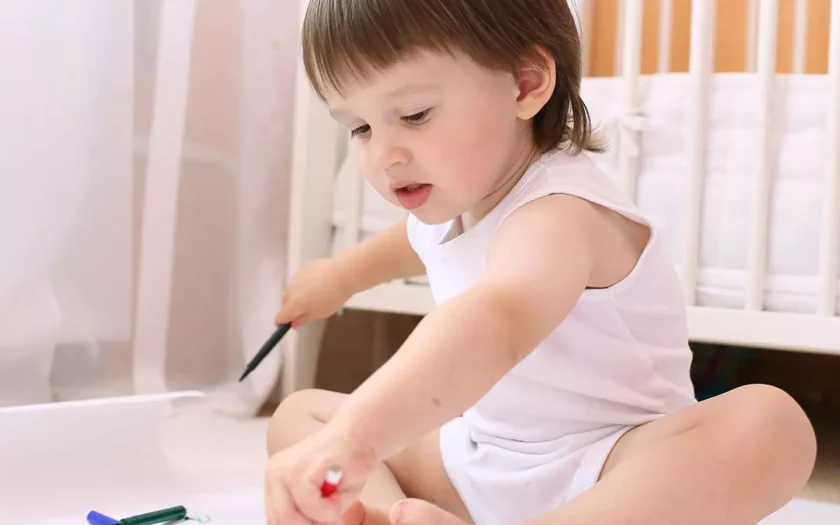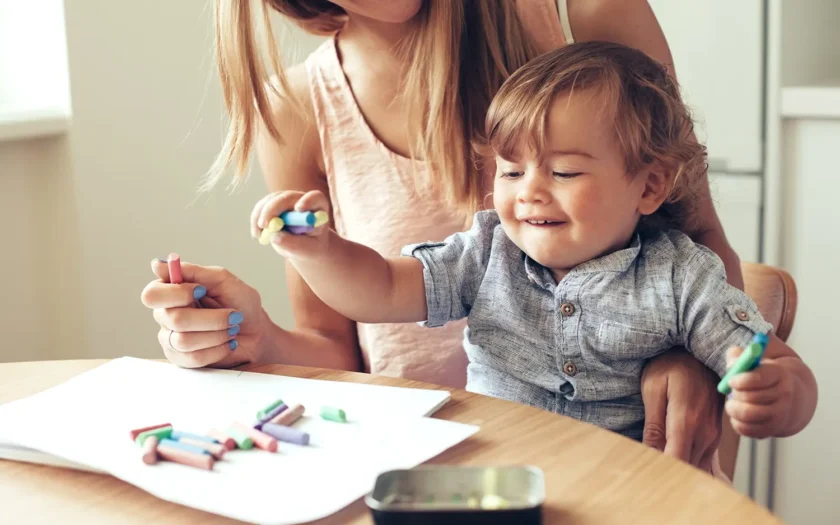Helping a Child Cope with the Death of a Loved One:
When a loved one dies, children express their grief in various ways, depending on their age, relationship with the deceased, and the support they receive. Here’s how you can help your child through this difficult time:
Communicating About Death
- Use Simple Words:Be clear and direct when explaining that someone has died. For example, “I have some sad news to tell you. Grandma died today.” Give your child time to process the information.
- Listen and Comfort:Children react differently to grief. Some may cry, others may ask questions, and some might seem unaffected. Offer comfort through hugs or simply being present. It’s okay for your child to see your emotions.
- Put Feelings into Words: Encourage your child to express their feelings and share your own. For instance, “I know you’re feeling very sad. I’m sad, too. We both loved Grandma, and she loved us.”
Preparing for Changes and Events
- Explain What to Expect: If the death leads to changes in routine, explain these changes. For example, “Aunt Sara will pick you up from school now,” or “I’ll be with Grandpa for a few days, but we’ll talk every day.”
- Discuss Rituals and Services:Prepare your child for viewings, funerals, or memorial services. Explain what will happen and what to expect. For example, “We’ll have a ceremony where people will share memories and some might cry.”
- Explain Burial or Cremation:** If applicable, describe the process of burial or cremation in simple terms. For instance, “After the funeral, Grandma will be buried in a special place, and people will say goodbye.”
Supporting Their Grief
- Give Your Child a Role: Allow your child to participate in rituals by choosing a poem, song, or photos for display. Let them decide if they want to take part.
- Encourage Remembrance:In the weeks following, encourage your child to draw pictures or write about the deceased. Talking about happy memories can help them heal.
- Provide Comfort and Reassurance: Notice if your child shows signs of sadness or anxiety. Reassure them that healing takes time and offer extra support.
- Help Your Child Feel Better: After discussing the loss, engage in activities that help your child feel better, such as playing, making art, or going for a walk.
- Allow Time to Heal: Understand that grief is a process and it takes time. Talk often and listen to your child’s feelings. Remembering the loved one with love can help ease the pain.
When to Seek Additional Help
- Get Professional Support if Needed: If the death was sudden or traumatic, or if your child’s distress persists, consider seeking therapy. Talk to your child’s doctor for recommendations on finding the right support.
By providing a supportive environment, clear communication, and reassurance, you can help your child navigate their grief and find comfort as they cope with the loss.



